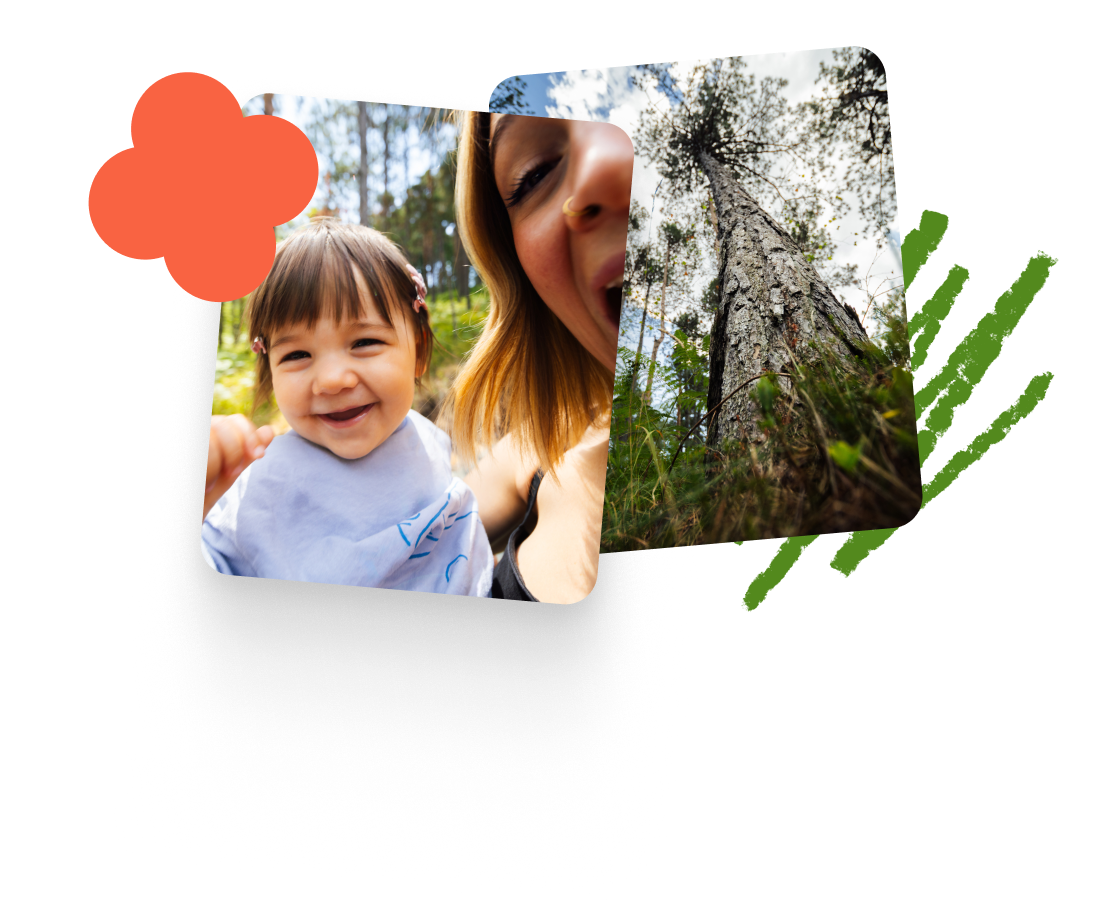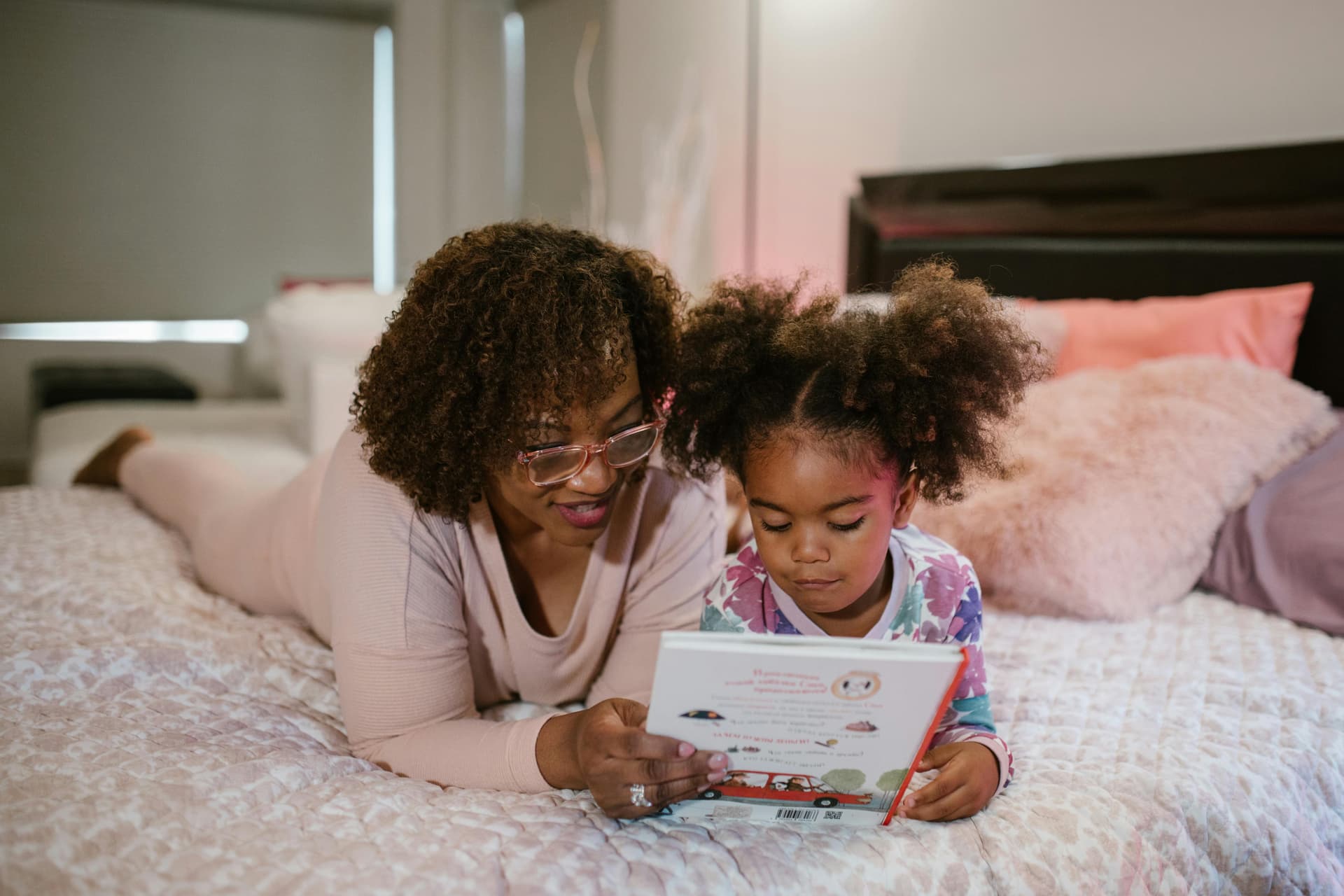
is now part of
Joy Parenting Club!
Families and care organisations using Heba will now have the option to also join Joy. For any questions, reach out to us at hello@heba.care

Families and care organisations using Heba will now have the option to also join Joy. For any questions, reach out to us at hello@heba.care

October 4, 2023
For parents of children with additional needs, bedtime routines and sleep disturbances can pose significant challenges. In fact, 86% of children with additional needs have issues with sleep difficulties. This can be due to a range of reasons, from physical discomfort to sensory issues. And this can really impact a whole family. However, there are various strategies and professional supports that can help.
The Importance of Sleep
Sleep is essential for physical health, cognitive functioning, emotional regulation and overall quality of life. When children have disruptions in sleep patterns, it negatively impacts the entire family. Parents feel exhausted, irritable, overwhelmed and less able to cope with daily responsibilities. Getting adequate sleep provides parents with the patience, focus and energy required to care for a child with special needs. Prioritising healthy sleep habits for the whole family is crucial.
Creating a Consistent Bedtime Routine
Establishing a relaxing yet structured bedtime routine cues the child that sleep will soon occur. Ideally, this should begin 30-60 minutes before the target bedtime.
Components of a bedtime routine could include:
Using visual schedules can reinforce the routine for children. Consistency and repetition are key to promoting sleep readiness.
Optimising the sleep environment
Ensuring a child's bedroom is set up for restful sleep is important .
Consider:
A drink, snack and story time can help prepare children for sleep. Slow releasing carbohydrates and dairy products are best. Avoid sugar and caffeine before bed, which is present in such things as fizzy drinks, tea, and coffee or chocolate.
For children who require extra security measures, invest in an approved bed with soft sides or modest bed rails. There are also specialist beds for children, for example a ‘safe and sound bed’ by the company Creative Care, and you can find other things like sensory friendly pyjamas.
Keeping a Sleep Diary
Keeping a sleep diary can help identify patterns and issues to address - something that Heba’s journal functionality can help with. Over at least a 2 week period, note details like:
You can then review the diary to find patterns, and discuss these with a professional if you like
Who Can Help
Don't struggle alone. Your child's healthcare providers can help assess issues. Also consider:
Prioritising Parent Self-Care
And of course, as a parent, make sure to look after yourself and stay well rested. Where possible, ask family or friends to provide care so you can rest, make use of local respite care services and social support groups.